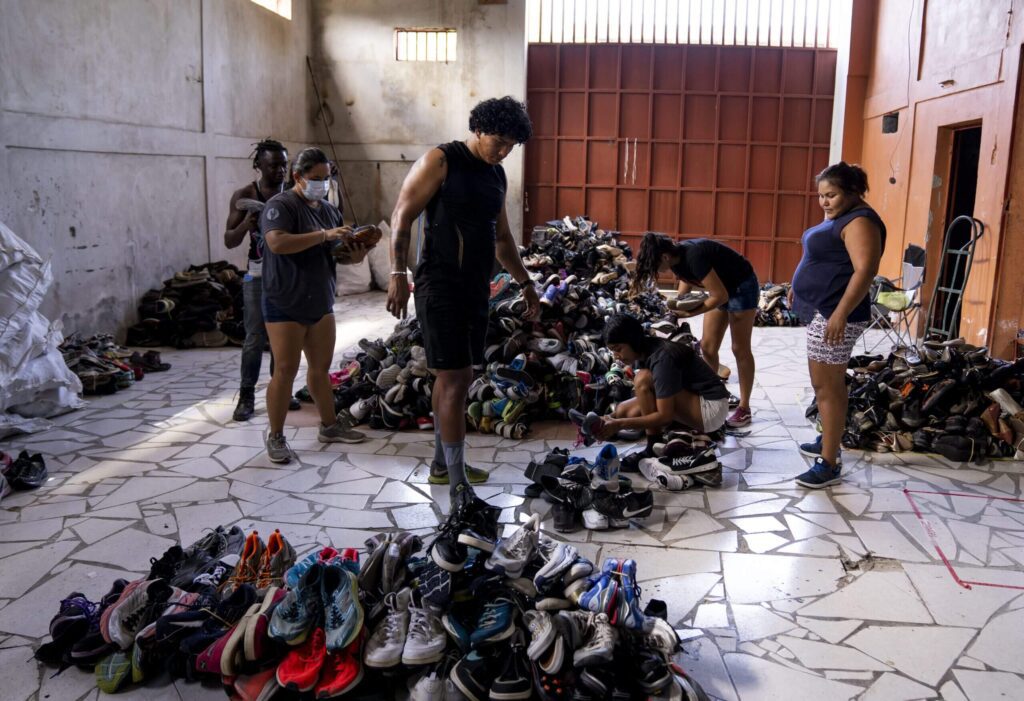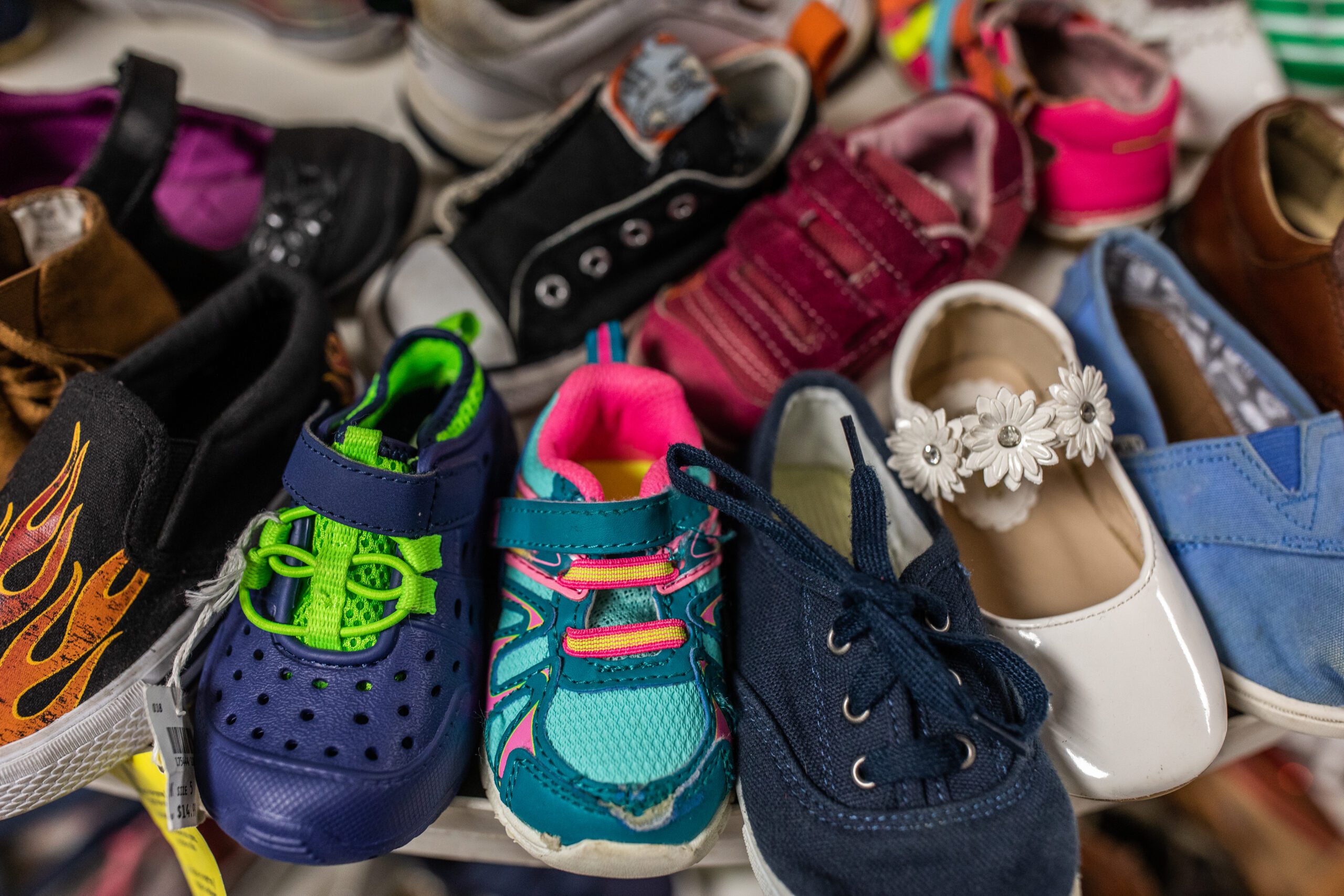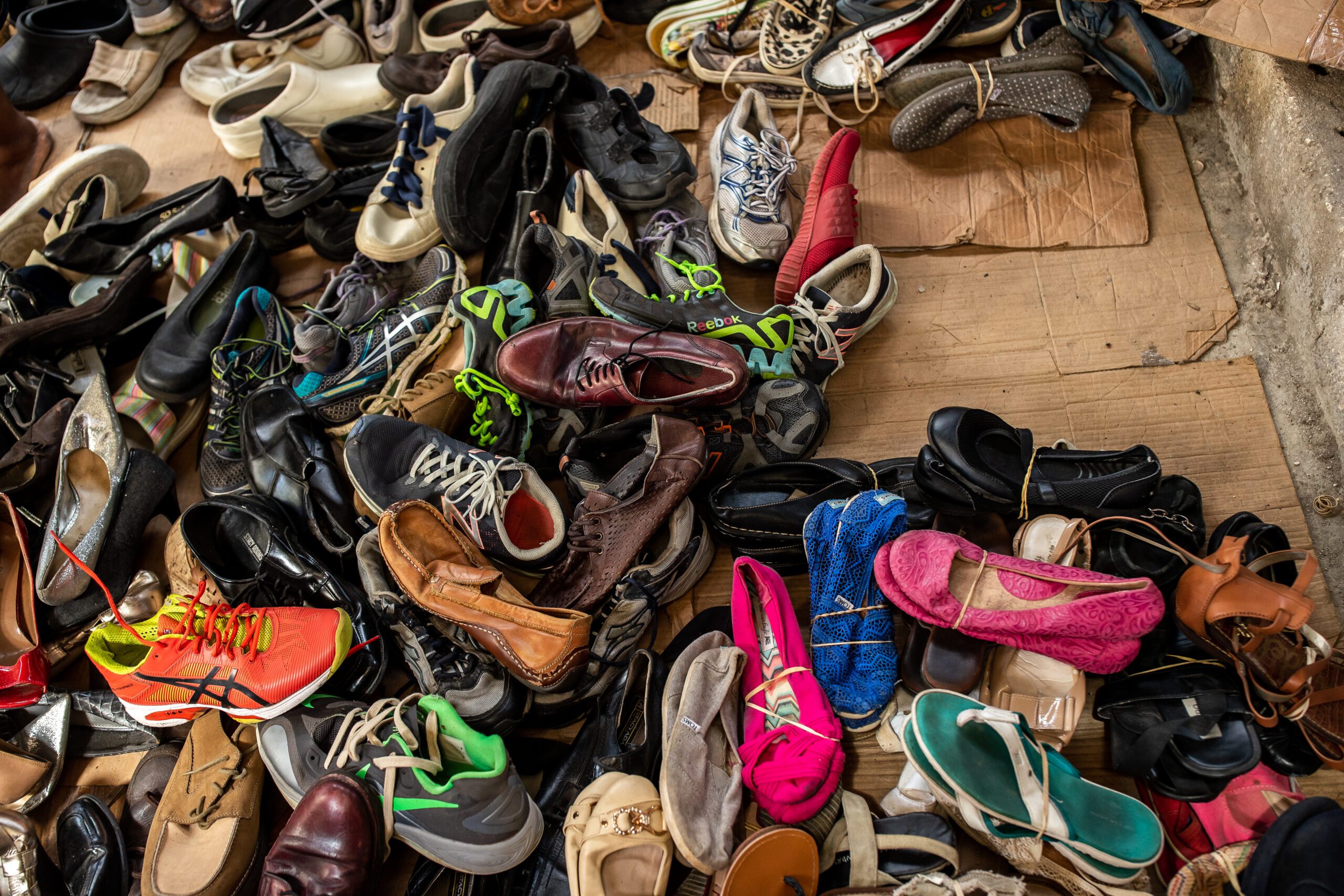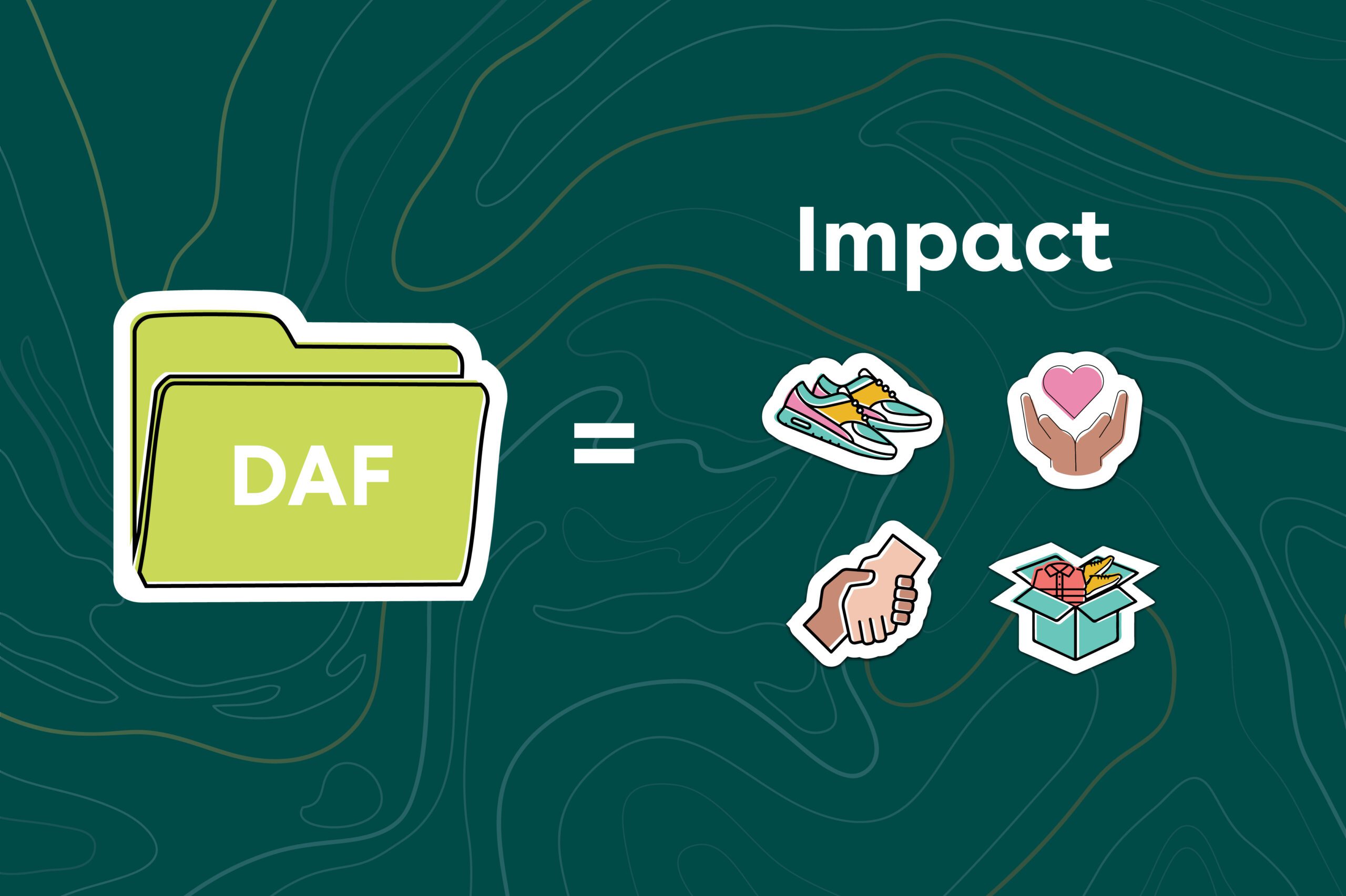Today’s tricky economic climate is defined by market volatility, inflationary pressures, tariff uncertainties, and even an environmental, social, and governance (ESG) backlash. Yet amid this instability, companies can still seek meaningful ways to repurpose company resources and consumer waste for positive impact. In fact, brands should view ESG initiatives as significant growth drivers that:
- Enhance brand loyalty: Consumers increasingly prefer brands that demonstrate social and environmental responsibility.
- Attract investment: Investors are still more likely to support companies with strong ESG commitments.
- Improve operational Efficiency: Sustainable practices often lead to cost savings and stronger processes.
For some companies, circularity’s cost savings—such as reduced warehousing and disposal expenses—are the more immediate driver. For others, the focus remains on sustainability and social responsibility. But what’s stopping you from achieving both? Let’s explore how you can take advantage of ESG as a real business opportunity.
Closing the growing circularity gap
Despite the ever-growing U.S. recycling rate, many US brands are still in the early stages of implementing truly circular models. Awareness is high but execution often lags, with common gaps including a lack of scalable systems to recover and repurpose products post-consumer, limited investment in infrastructure to support reuse or resale, and a disconnect between sustainability goals and operational decision-making.
Brands may also overlook the social dimension of circularity—focusing on environmental outcomes without considering how extended product life can serve people in need. And they often face internal challenges such as aligning sustainability goals across departments, limited visibility into end-of-life product solutions, and pressure to deliver short-term financial results that can deprioritize longer-term circular strategies. There’s also a growing concern about reputational risk; many brands need to ensure their circularity efforts are credible, transparent, and community-driven.
So, what practical, impact-driven solutions can help move circularity from concept to action?
Building a circularity strategy that works
The first step of any measurable, accountable business strategy is to set realistic goals. So, if you want to implement a take-back program, in which customers return used products for reuse or recycling, what would success look like? Or, if you wanted to redirect excess goods to extend product life and support communities in need, how many donated products would make a real social difference?
These numbers can be tough for a business to quantify. To ensure you make real, accessible progress, it’s often best to partner with a sustainability expert to streamline processes and maximize impact. At Soles4Souls, we:
- Provide data-driven insights to help brands set achievable, measurable sustainability targets that align with their business priorities.
- Help brands track and communicate the social and environmental impact of their donations through tools like the Soles4Souls Impact Calculator, which enhances accountability and strengthens ESG reporting.
- Assist in the design and implementation of programs that encourage consumers to return used products, supporting circularity and brand engagement.
- Offer training, storytelling resources, and strategic guidance to ensure internal teams and external audiences understand and support circularity efforts.
- And much more…
Why leading brands partner with Soles4Souls
At Soles4Souls, we meet partners where they are. We tailor conversations to highlight the full spectrum of value we bring—whether that’s helping reduce operational costs, supporting ESG reporting, or making a tangible difference in communities around the world. In reality, the business case and the impact case often go hand in hand, and we help partners see how they can achieve both.
Brands come to Soles4Souls for a mix of practical and purpose-driven reasons. Many are looking for responsible, cost-effective ways to manage excess inventory or create take-back programs and reduce waste, particularly as warehousing costs and environmental scrutiny increase. But equally important is the desire to make a meaningful impact.
Our partners value that their products are being repurposed to create opportunity, support livelihoods, and serve people in need globally. We offer a unique combination of logistical support, measurable impact, and storytelling that helps brands meet both their sustainability targets and their social responsibility goals.
Tell your circularity story with real data and support
Here, the Soles4Souls Impact Calculator is a key tool for our partners. It quantifies impact in ways that matter: pounds of waste diverted, and economic opportunity created in dollar value. These metrics are frequently used in ESG reports, CSR communications, sustainability dashboards, and internal presentations to leadership. They allow companies to clearly demonstrate that their donations are more than just goodwill; they’re part of a measurable, data-backed circularity strategy. For many partners, these numbers help tell a compelling story to stakeholders, employees, and consumers alike.
Our global footprint is also one of Soles4Souls’ strongest differentiators. The ability to responsibly and efficiently redistribute products to where they’re most needed—whether through disaster relief, community programs, or 4Opportunity initiatives in over 50 countries—adds a powerful global dimension to our partners’ sustainability efforts.
Just as importantly, we help brands navigate the complex regulatory landscape around international donations. Our team ensures all redistribution aligns with country-specific restrictions, compliance requirements, and cultural considerations—while also being mindful of keeping product as close to its source as possible.
When the economy reprioritizes circularity, how will consumers view your brand?
If ESG is expected to rebound as a corporate priority, as many anticipate, then now is the time for brands to lay the groundwork for leadership. At Soles4Souls, we believe companies can use this moment to strengthen the systems and partnerships that align with long-term impact goals. That means continuing to find practical, measurable ways to reduce waste, extend product life, and support communities in need—even if those actions aren’t currently framed under the ESG umbrella.
Brands that stay engaged in authentic, purpose-driven work now will be well-positioned to lead when ESG regains momentum. Demonstrating consistency, transparency, and impact, regardless of short-term trends, builds trust and credibility. Ultimately, those who invest in circularity and community today will be the ones telling the most compelling ESG stories tomorrow.
Ready to learn more about how you can succeed in circularity even while ESG is under fire? To discover the simple steps you can take to turn excess stock into opportunity, and discuss a partnership with Soles4Souls, email robinw@soles4souls.org



